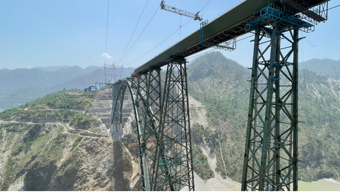
Residual stress testing is used to measure ‘locked-in’ stresses. Applications include measurement of in-situ dead load stress in bridges and stress in pre-tensioned or post-tensioned structures.
Having an accurate understanding of the dead load stress is vital for understanding structural health and capacity. JF SME Testing has extensive experience with a wide variety of services for the determination of dead loads and in-situ stresses in bridges, pipelines, other structures and special components.
Our in-situ stress determination techniques usually involve measurement of the surface strain change caused by controlled localised removal of material, then relating this back to the inherent stresses by measuring the material properties. Vibration measurement methods are used in some situations.
We enhanced and adapted centre-hole drilling technique for residual stress measurement – used mainly in mechanical and aerospace engineering (as per ASTM E837-08) – for use in civil engineering applications. Data was developed and calibrated with universities and client organisations to ensure raw data is converted into accurate and insightful outputs.
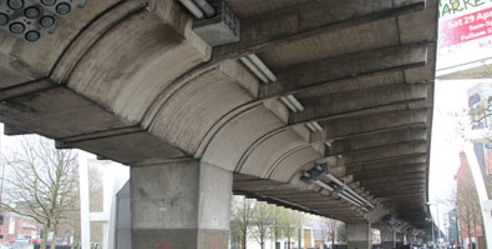
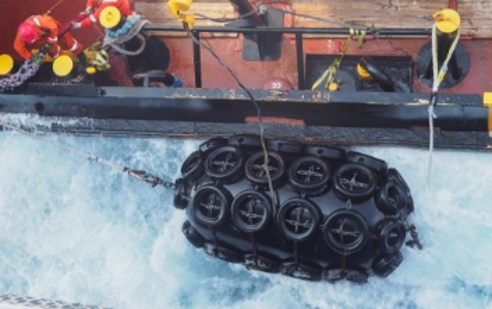
We offer residual stress testing on the following:
Frequently, the assessed structural capacity is inadequate to support the intended live load, but the effects of self-weight and dead loading have only been estimated. Similarly, there are situations where the physical condition (and degradation) of a structure can affect its capacity and integrity.
We provide a number of testing methods which are tailored for the material in question and the characteristics of the structural element.
Because of the durability risks that are associated with post-tensioned concrete bridges and the significant reliance on the integrity of the tensioned tendons for their load capacity, it is important to know the local pre-stressing forces and their influence on global concrete stress.
The tests appropriate for concrete structures are:
- Concrete stress measurement using 78mm, 36mm or slot cutting
- Post-tensioning tendon load measurement on individual wires or solid bars
The compressive stresses in masonry structures (bridges, tunnels, retaining walls) can be measured using the pressure compensation slotting for load measurement between brick courses.
Centre-hole strain relief drilling method is applicable for investigation of surface stresses, arising from the manufacturing process, which could result in stress concentrations affecting the future fatigue life of infrastructure.
A modification of the technique includes careful planning to optimise the test for the measurement of stress through the thickness of the material while measuring the effects of dead loading and deducting the localised effects of manufacturing processes.
The normal approach for measurement of loads in stay cables or hangers involves measurement of vibration and calculation of tension, using empirical equations.
With each of these techniques, a benchmark level of dead load stress is determined. This can inform the assessment calculation and can calibrate structural health monitoring systems, so that changes to absolute strain and load values can be measured.
Welded steel pipelines are at risk of fracture due to ground movements, typically from mining-related subsidence or landslip.
Typically, three centre hole drilling tests are completed at each cross-section – at 120 degree intervals around the circumference. From the test data, the stress and bending in the pipe is calculated. This data can then be used to determine whether the pipe needs to be fully excavated and jacked to relieve the bending. While exposed for testing, strain gauges are usually fitted adjacent to the test locations so that future stress changes can be monitored.
We are also able to apply these techniques to many scenarios and other residual stress measurement examples have included offshore structural nodes, railway track, helicopter rotors, gun barrels, nuclear power station elements, and train wheelsets and other components.
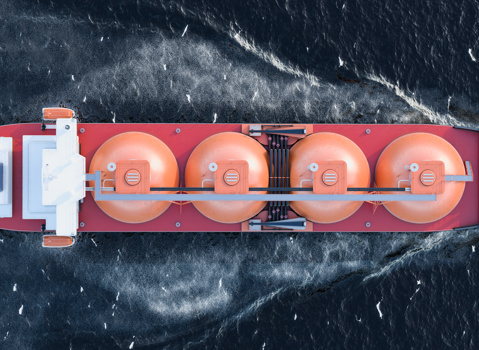
If you are making an enquiry about a product or service, please use our sales enquiry form.
Read our latest news
 Read article
Read article
All Monitoring Data in One Platform
Read article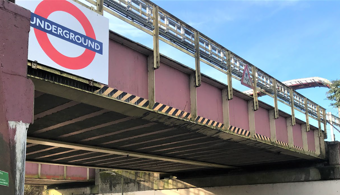
Detection of bridge impact
Read article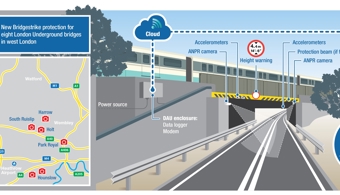
Bridgestrike installed two key bridges London underground
Read article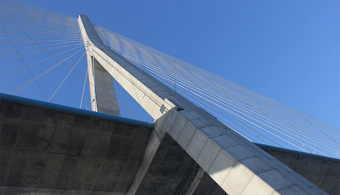
JF SME Testing delivers structural health monitoring project three Normandy bridges
Read article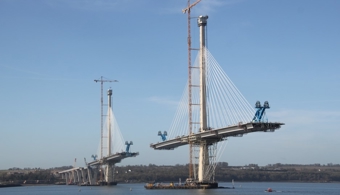
JF SME Testing commissions structural health monitoring solution Queensferry crossing
Read article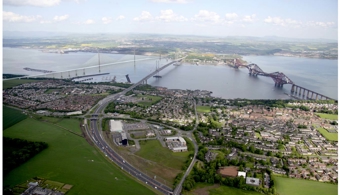
Queensferry crossing meets internet things new bridge new rules
Read article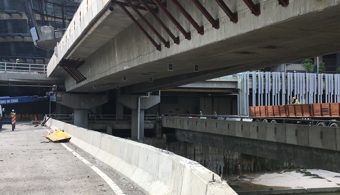
Bridge load testing eco city, Kuala Lumpur
Read article


